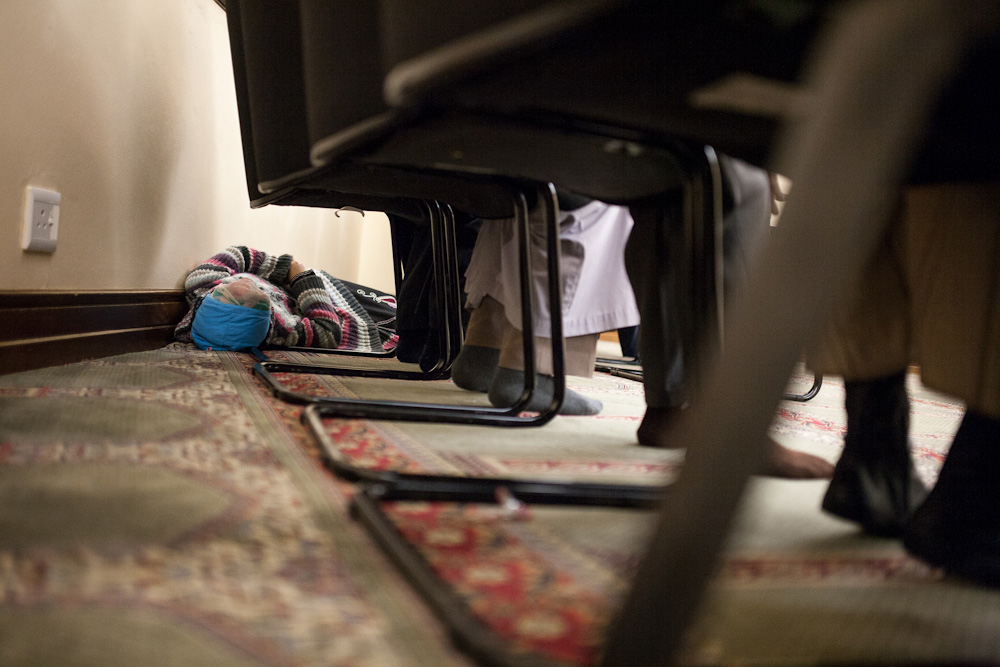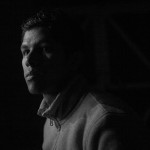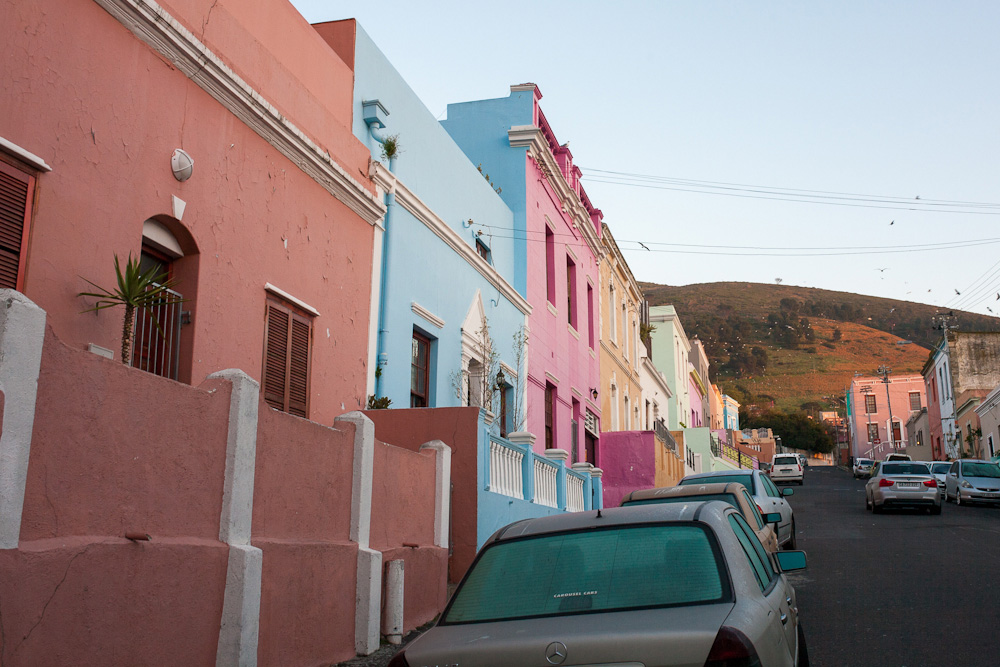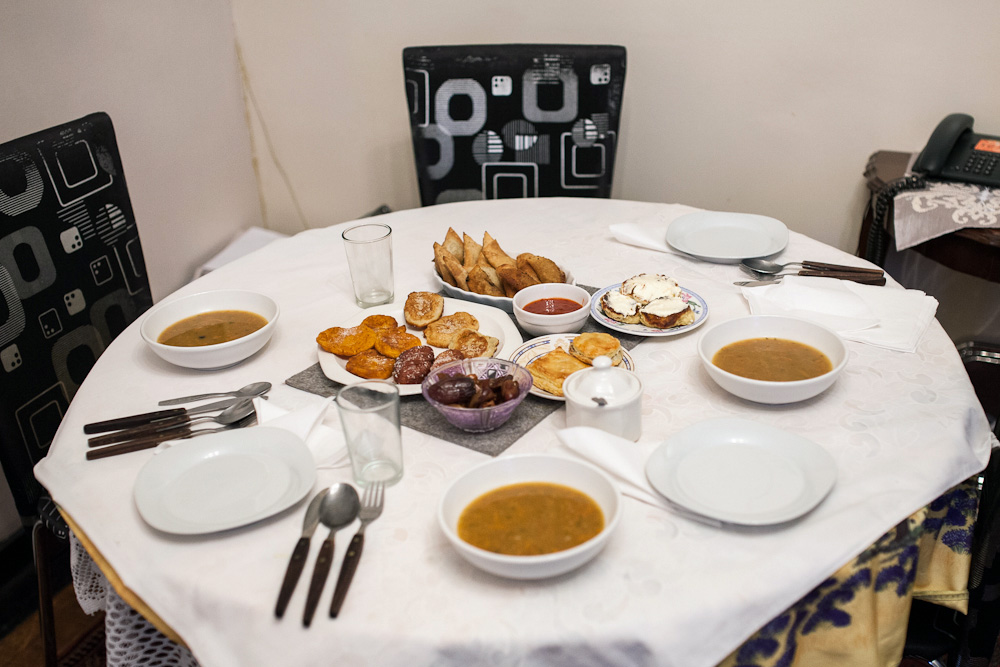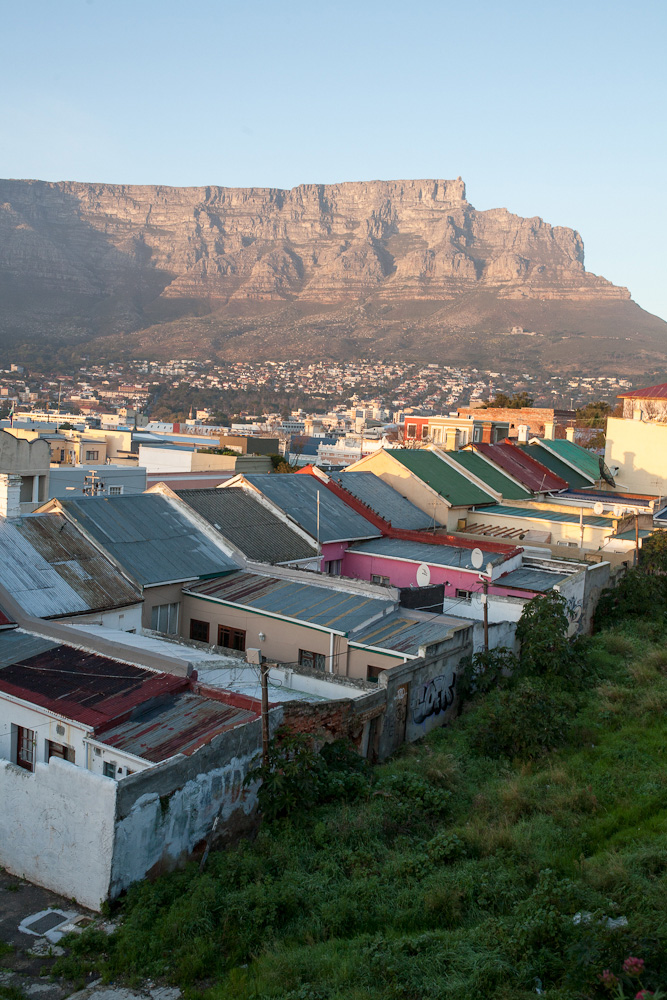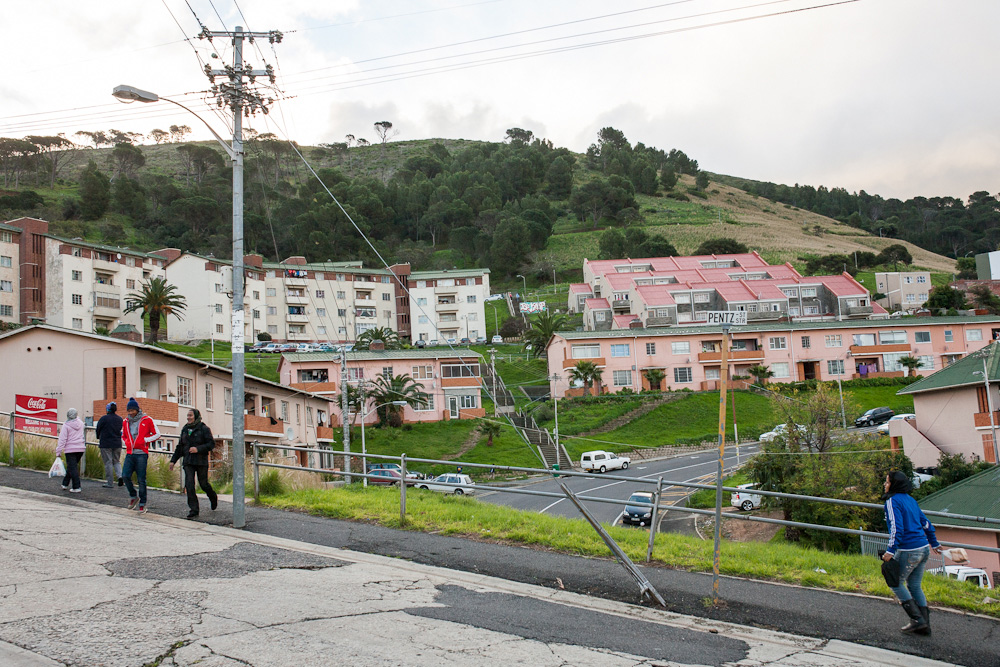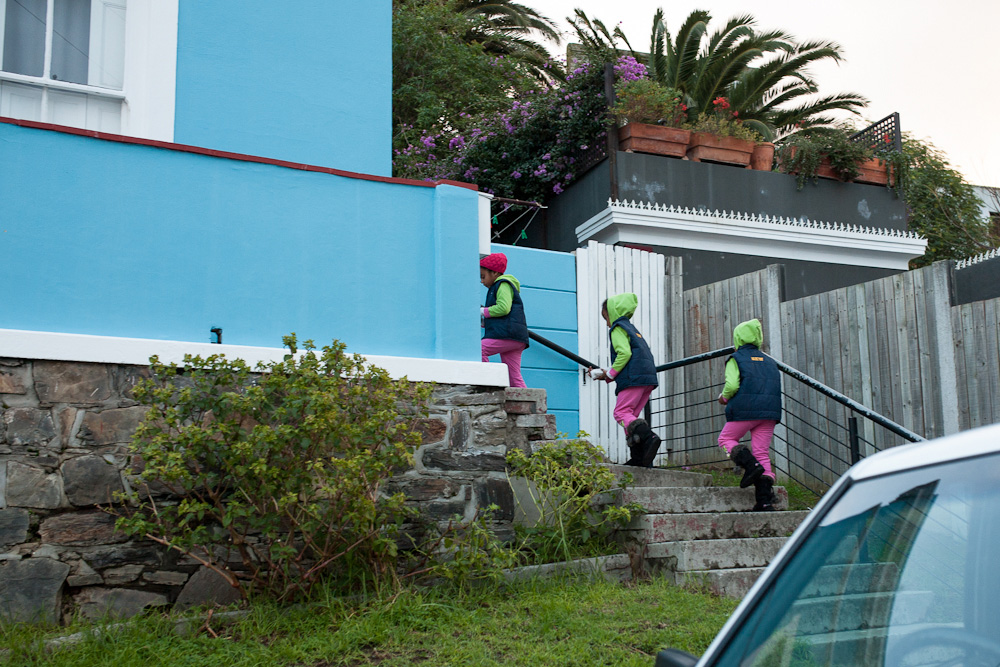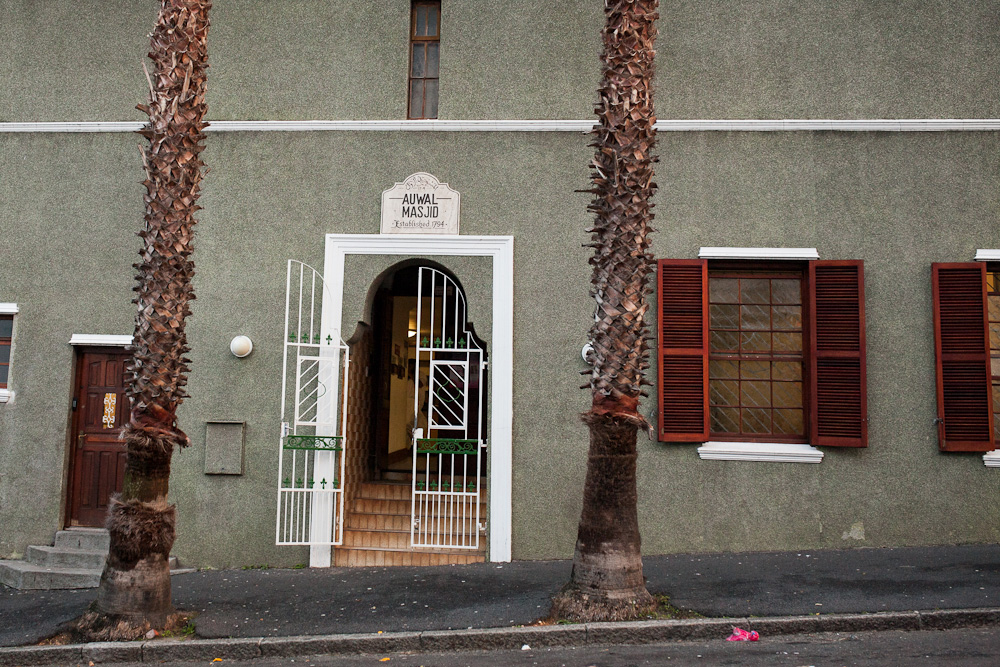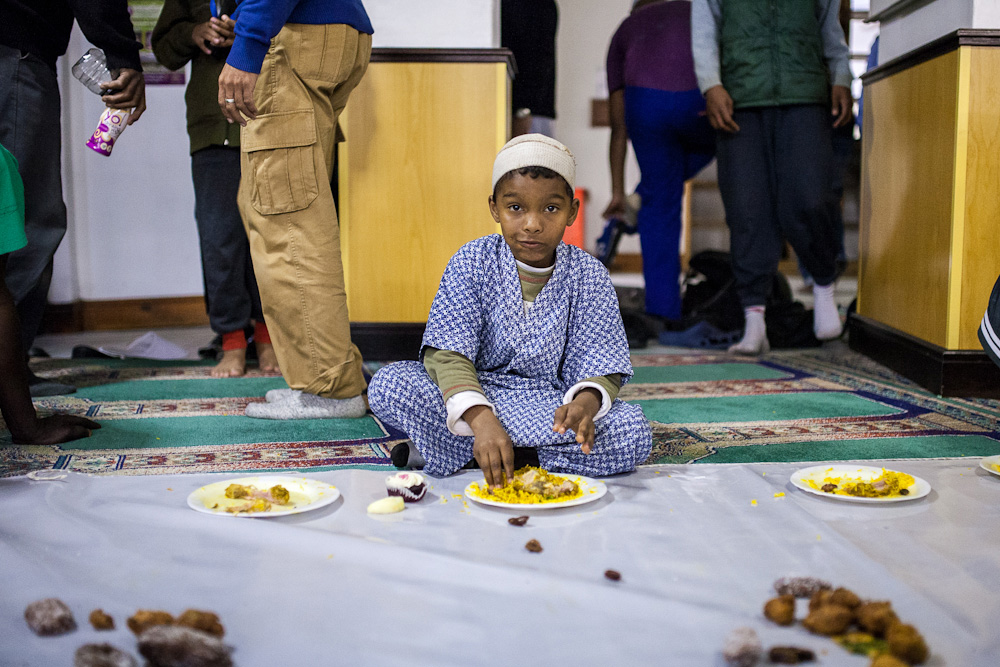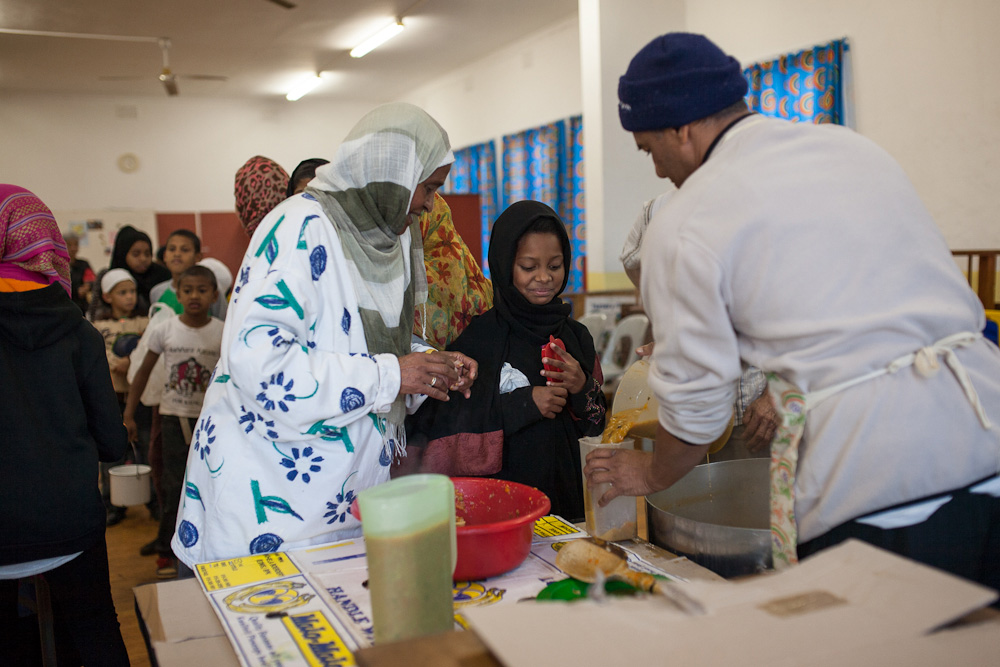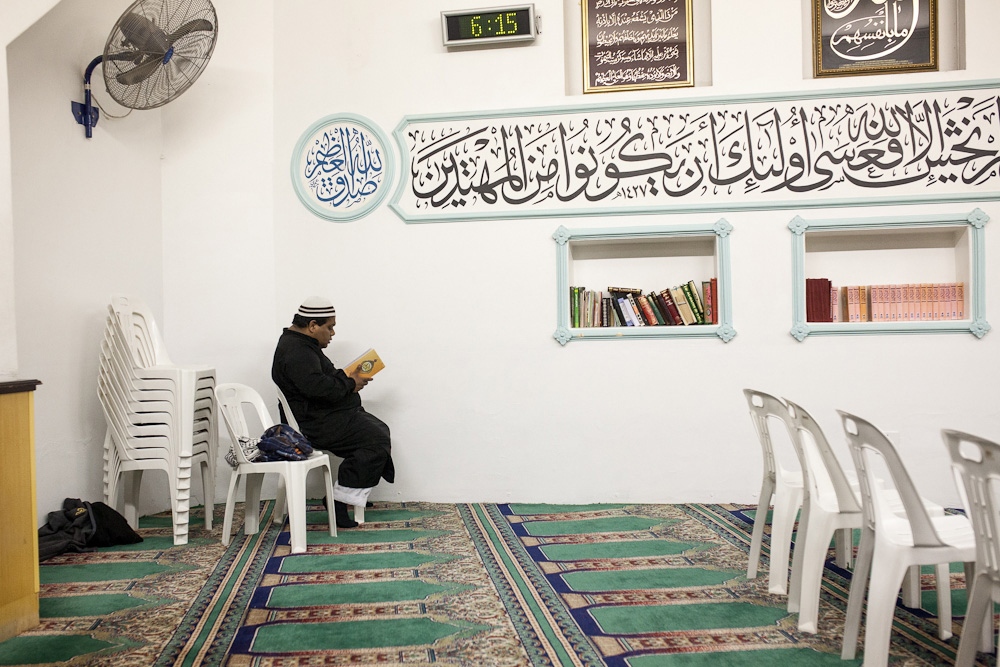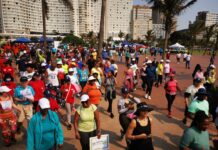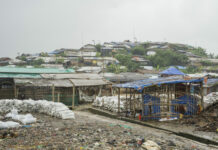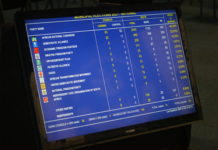In Cape Town, Bo-Kaap is a place of historical importance. But, thanks to gentrification, it is also a place with a heritage that is quietly disappearing. ASHRAF HENDRICKS documented the traditions of the community during Ramadaan, a month of fasting and prayer in the Muslim community.
Famous for its colourful houses & cobblestoned streets, Bo-Kaap is home to a community with a complex history and a unique flavor of food, made up largely of so-called Cape Malays, the descendants of people who first arrived as slaves and political exiles from what is now Indonesia and surrounds, in the early 18th century. Over the next 300 years Bo-Kaap would become a predominantly Muslim community, a tight knit group brought close together by the hardship of oppression and apartheid.
Many of the first Bo-Kaap residents were skilled artisans and were living in poverty, and over time a system of helping each other evolved. This system was known as the kanala system (kanala meaning “please†in Malay). From the building of houses to the sewing of wedding dresses and school uniforms, the people relied on each other. This created an atmosphere where everyone knew everyone and was willing to help out their neighbours in any way they could.
This type of community culture is amplified even more during the month of Ramadan, the Islamic month when the Quran was first revealed. During Ramadan you’ll find children sharing and exchanging cake with their neighbours, families breaking their fast together and the public banding together to donate food to the needy.
“Because of poverty, the thing that people owned most was the community. But as people gained more material value, the community falls by the wayside,†says Naseem Gasant, a former Bo-Kaap resident.
Today, things in Bo-Kaap are changing. Increasing rental costs, gentrification and unemployment are forcing many to sell their homes and move out of the area. Some residents feel that aspects of their identity and history could be lost if they were to relocate. In years to come, Bo-Kaap could be a very different place.
The famous brightly coloured houses found in Bo-Kaap. Cars are always parked in the area as fuel has become incredibly expensive. Now many residents use public transport if needed.
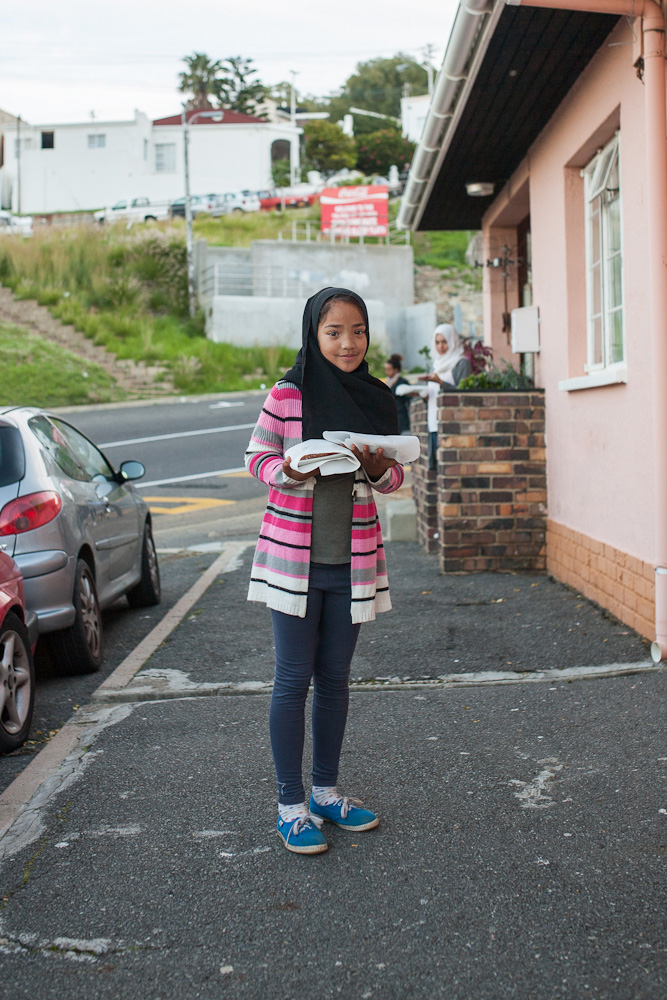
A table laid out with traditional Cape Malay food before boeka time or iftar, when the fast is broken.
Bo-Kaap has a magnificent view of Table Mountain. This is one of the reasons for the area’s increase in popularity and gentrification.
The roads in Bo-Kaap grow quiet as sunset approaches, and people head home to break their fast.
A group of triplets delivers cake to the neighbours.
The Auwal Mosque, in Dorp Street, is the oldest mosque in South Africa and was built in 1798.
A man drying himself after performing his ablutions in preparation for prayers. During Ramadan, you’re not allowed to eat or drink anything between sunrise and sunset.
A young boy enjoys a plate of biryani. An assortment of cakes, dates and food are laid out on the floor of the mosque for visitors to break their fast with.
Every year during Ramadan the Boorhaanol institute gives out food to the needy. Bo-Kaap is built on a slope and is incredibly steep. Needy families often send their children to collect food instead of going themselves as they are too old to walk up the steep hills.
It’s customary for Muslims to read the entire Quran during the month of Ramadan.
